In Buenos Aires, where each neighborhood tells its own unique story through architecture, culture, and local life. From the vibrant murals of Palermo to the historic cobblestones of San Telmo, these distinctive barrios offer visitors an authentic glimpse into the heart of Argentina’s capital.
Whether you’re a first-time visitor or a seasoned explorer, these fifteen neighborhoods showcase the city’s most captivating walks and hidden gems.
Palermo Soho
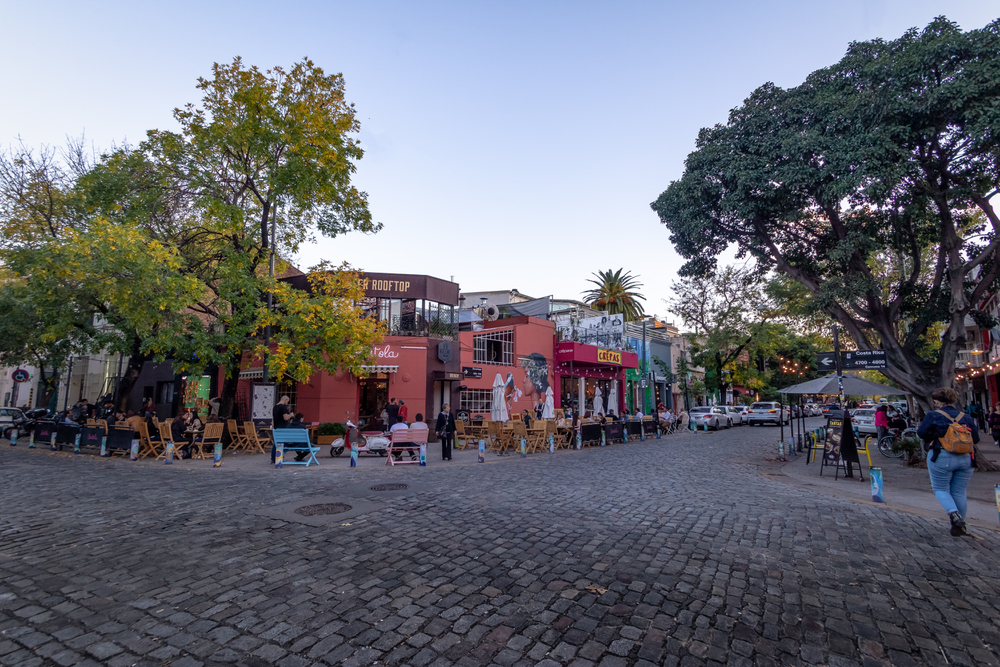
Tree-lined streets frame this trendy enclave where boutique shops and street art create an inspiring atmosphere. Local designers showcase their latest fashions in converted old houses while café culture thrives on every corner.
The neighborhood comes alive at sunset when restaurants open their doors and porteños gather for evening drinks and dinner. The area’s transformation from a working-class district to a creative hub reflects Buenos Aires’ evolving identity.
Visitors can spend hours exploring the unique mix of traditional architecture and modern urban culture.
Recoleta
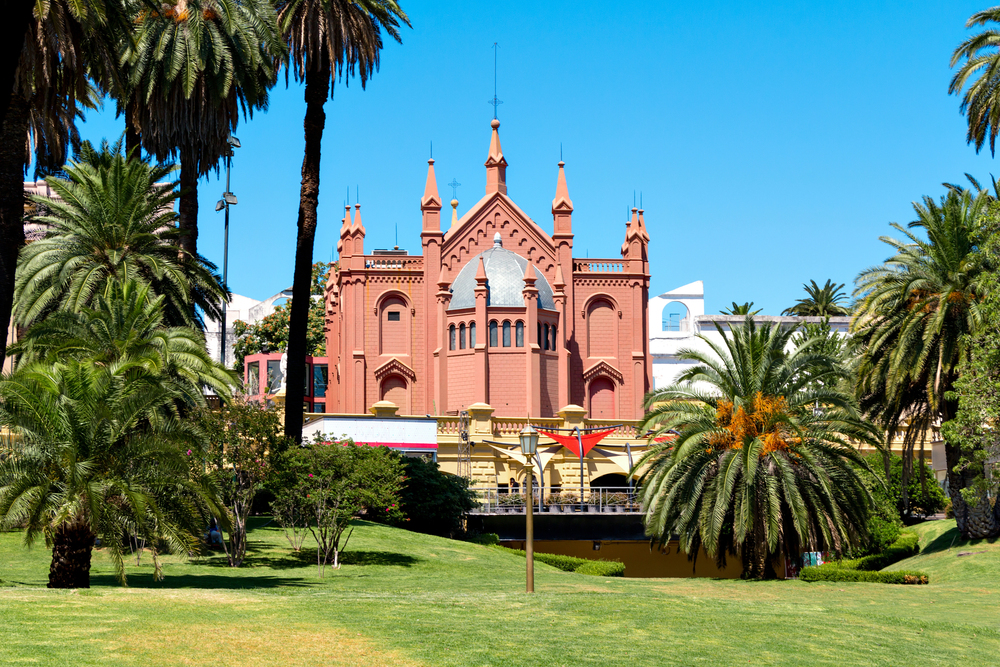
Grand Parisian-style mansions and wide boulevards define this elegant northern neighborhood. The famous Recoleta Cemetery, with its ornate mausoleums, is both a historic monument and an architectural marvel.
High-end boutiques and luxury hotels line Avenida Alvear, showcasing the area’s continued prosperity. Cultural institutions like the National Museum of Fine Arts make this district a center for arts and learning. The neighborhood’s beauty reflects the European influences that shaped Buenos Aires’ golden age.
San Telmo
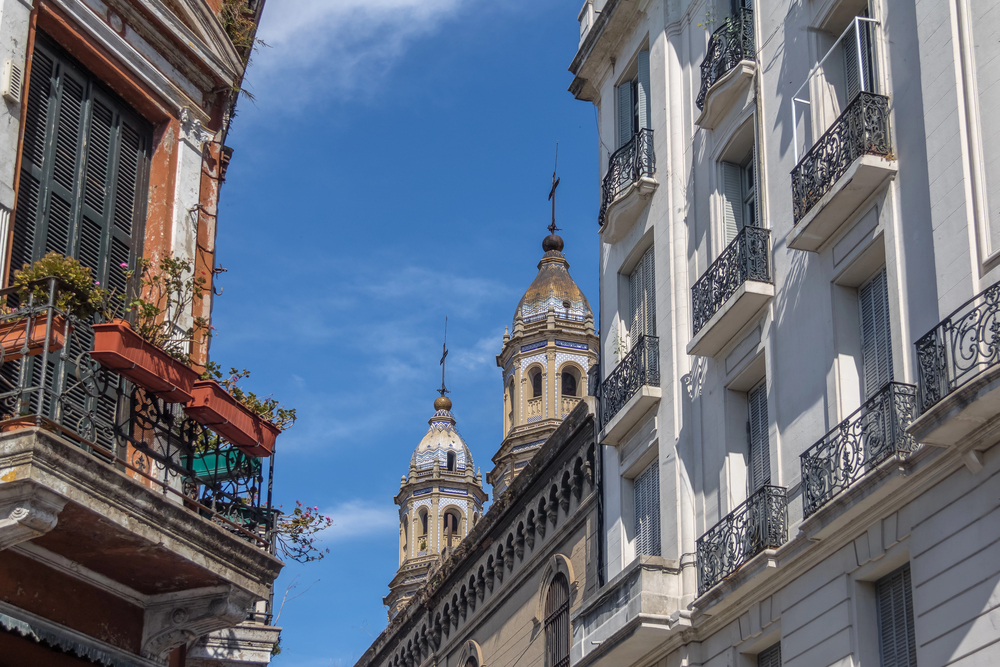
Cobblestone streets and colonial buildings transport visitors to Buenos Aires’ earliest days. The famous Sunday antique fair draws crowds to Plaza Dorrego, the city’s oldest public square.
Tango dancers perform impromptu shows while musicians play in historic cafes. Traditional parillas (steakhouses) serve classic Argentine cuisine in centuries-old buildings.
The neighborhood preserves its bohemian spirit while embracing modern art galleries and innovative restaurants.
Puerto Madero
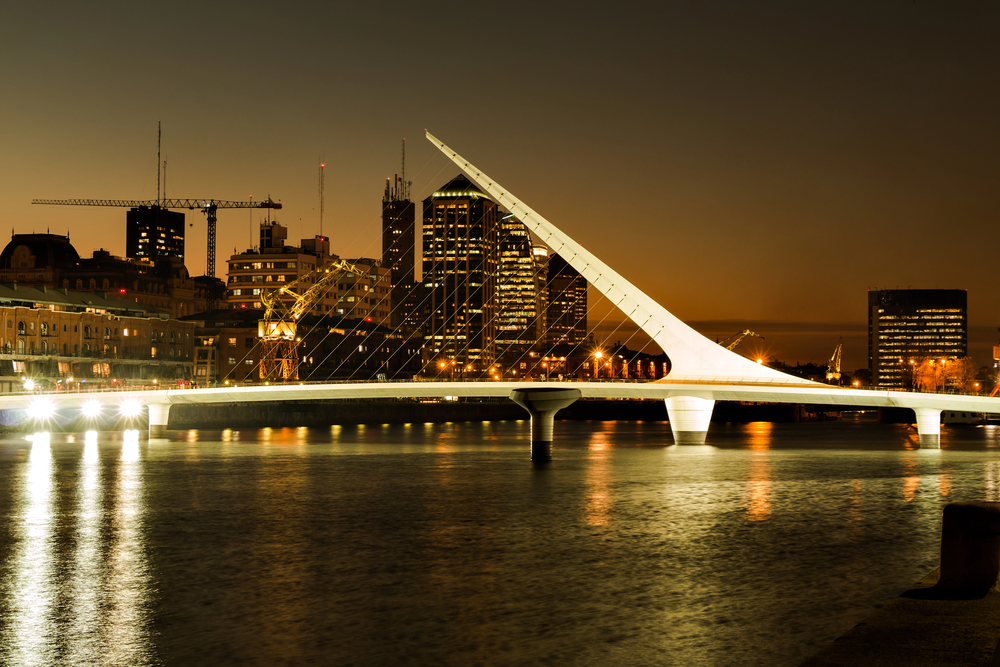
Modern glass towers rise along the renovated docklands of Buenos Aires’ newest neighborhood. The iconic Women’s Bridge spans the old port, connecting past and present.
Upscale restaurants occupy converted brick warehouses along the waterfront promenade. The ecological reserve provides a natural escape within the urban landscape.
This area represents Buenos Aires’ successful urban renewal and future vision.
Villa Crespo
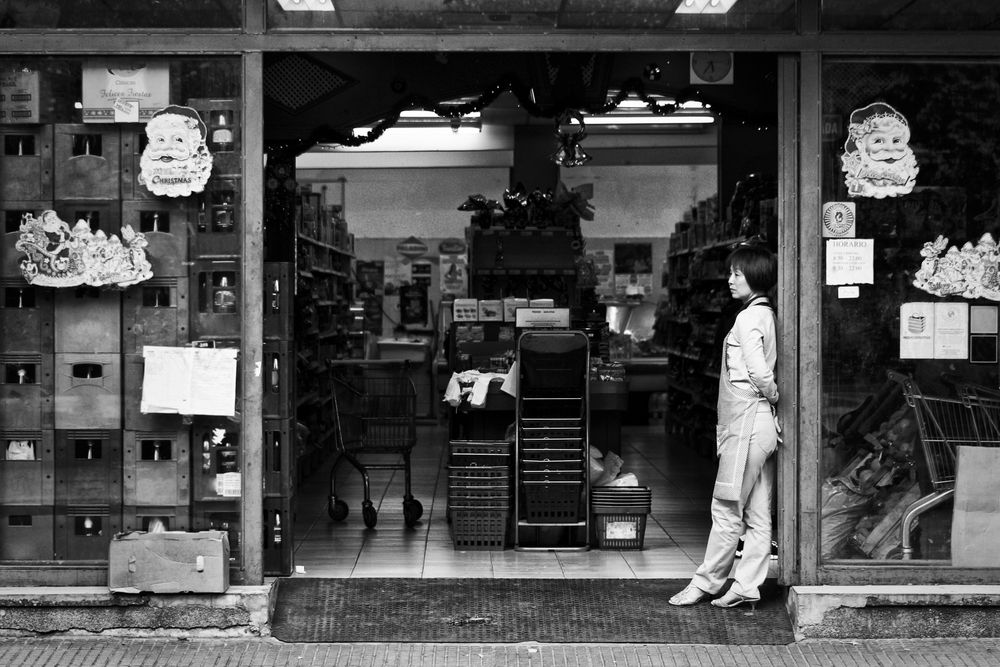
Authentic local life flourishes in this residential area, which is known for its leather shops and cultural diversity. Jewish delis and Korean restaurants reflect the neighborhood’s immigrant heritage.
Street art adorns the walls, while traditional milongas host tango nights. The area maintains its working-class roots while attracting young creatives and entrepreneurs.
Local cafes and bars offer genuine porteño experiences away from tourist crowds.
Belgrano
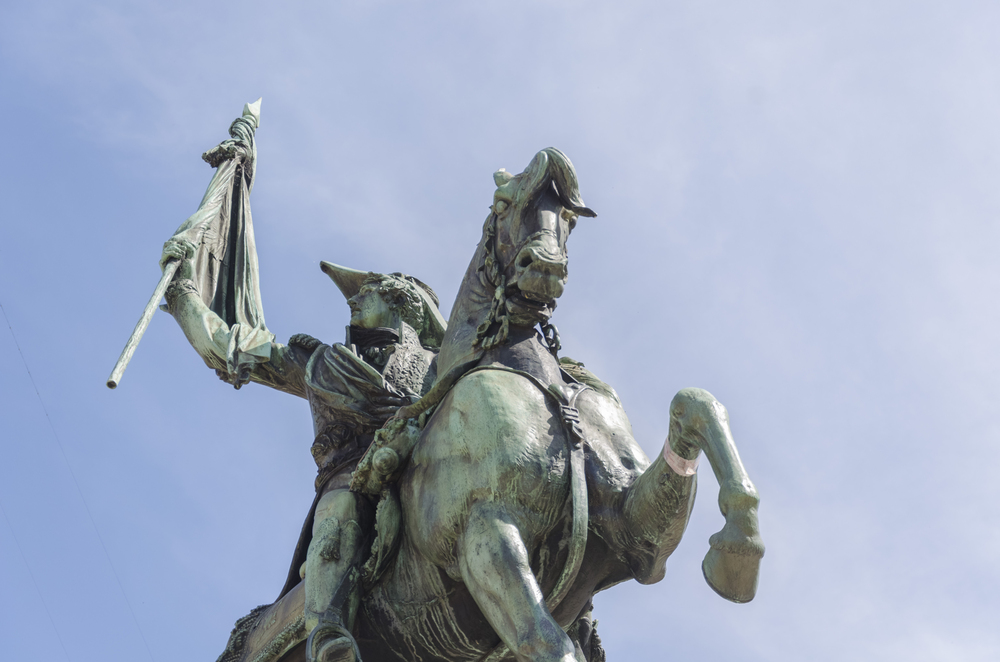
Tree-canopied streets lead to stately homes and peaceful plazas in this northern residential district. The historic Chinatown adds multicultural flair with its restaurants and shops.
Quiet cafes and bookstores create perfect spots for afternoon reading and people-watching. The neighborhood’s elevated terrain offers unique views of the surrounding city.
Beautiful churches and museums preserve the area’s rich cultural heritage.
Palermo Hollywood
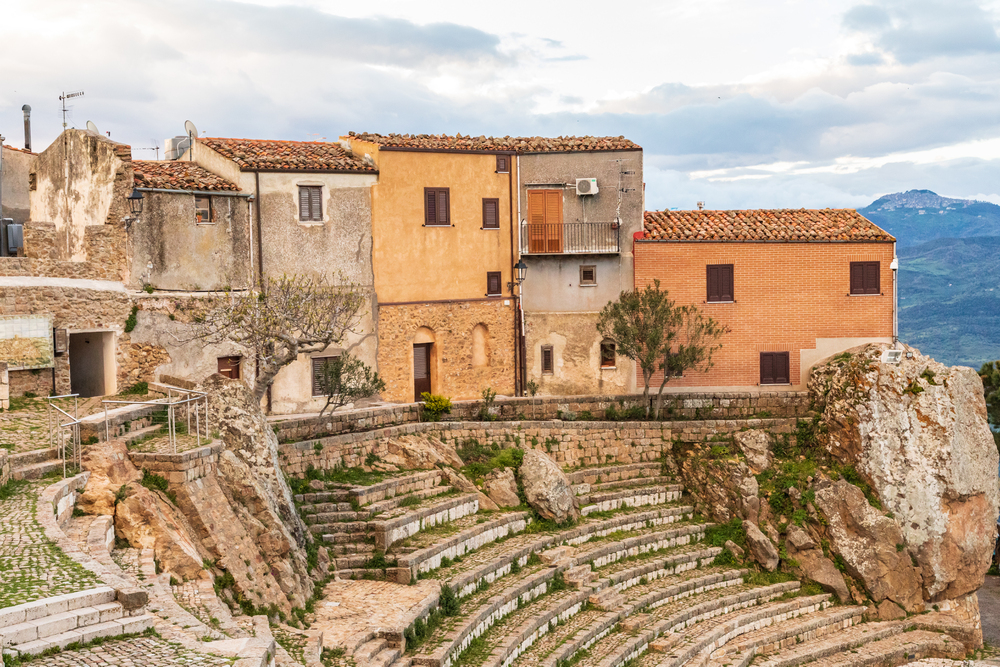
Film studios and media companies give this area creative energy and modern character. Innovative restaurants and bars occupy converted industrial spaces, and street art and design studios showcase the neighborhood’s artistic spirit.
The area buzzes with activity as young professionals and artists mingle in casual venues. This district represents Buenos Aires’ contemporary creative culture.
Chacarita
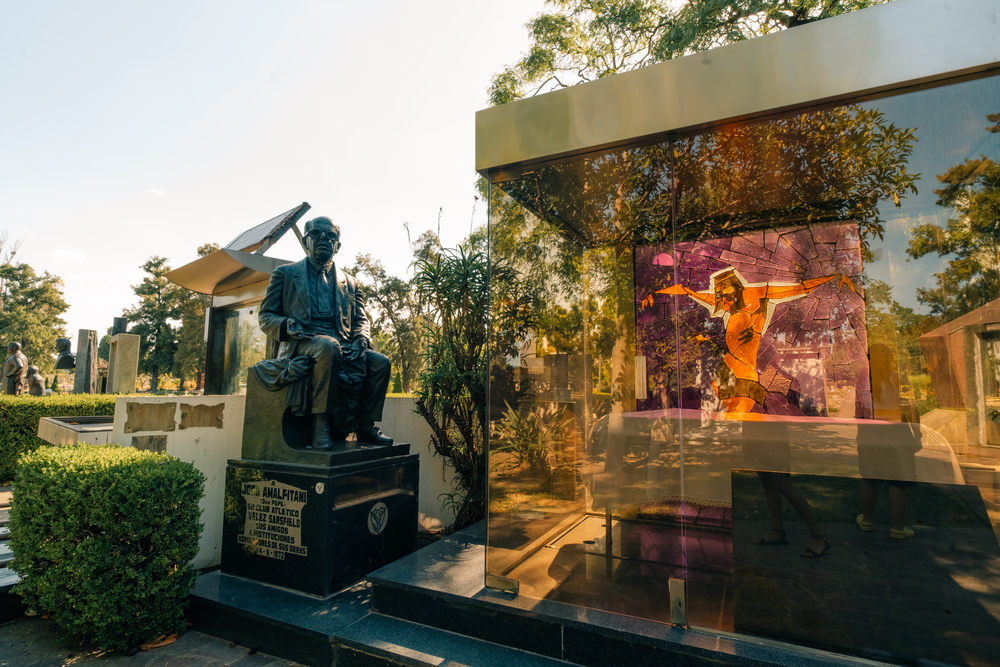
Historic cypress trees line the paths of this neighborhood’s famous cemetery. Traditional bars and cafes preserve authentic porteño culture and customs.
The weekly feria draws locals to shopping for fresh produce and homemade goods. Artists’ studios and music venues bring new energy to historic buildings.
The area maintains its authentic character while embracing gentle change.
Colegiales
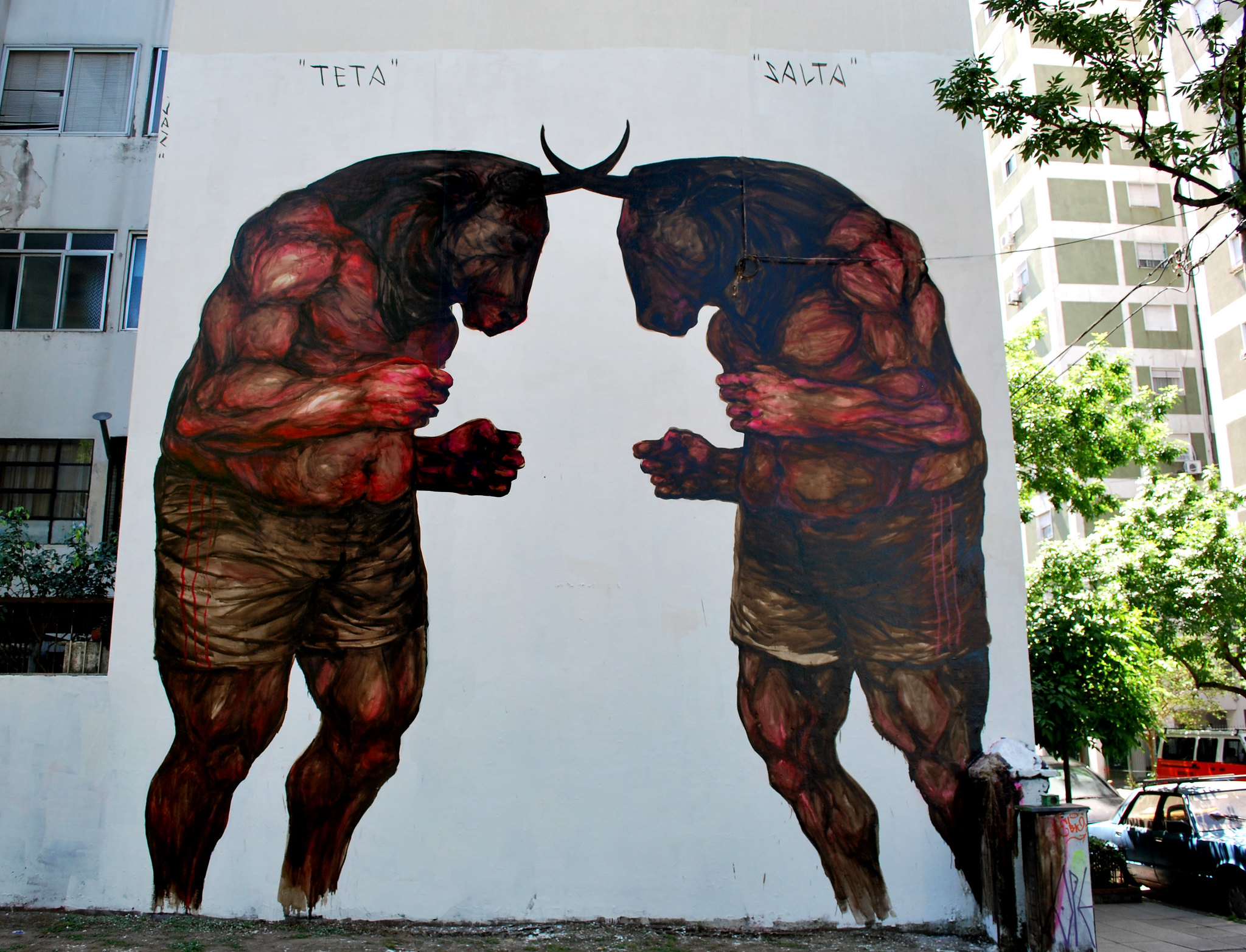
Quiet residential streets feature charming houses with traditional architecture. Small parks and plazas provide peaceful spaces for community gatherings.
Local markets and cafes serve longtime residents and newcomers alike. The neighborhood preserves its village-like atmosphere within the bustling city.
Historic buildings house innovative cultural projects and artistic ventures.
Villa Ortúzar
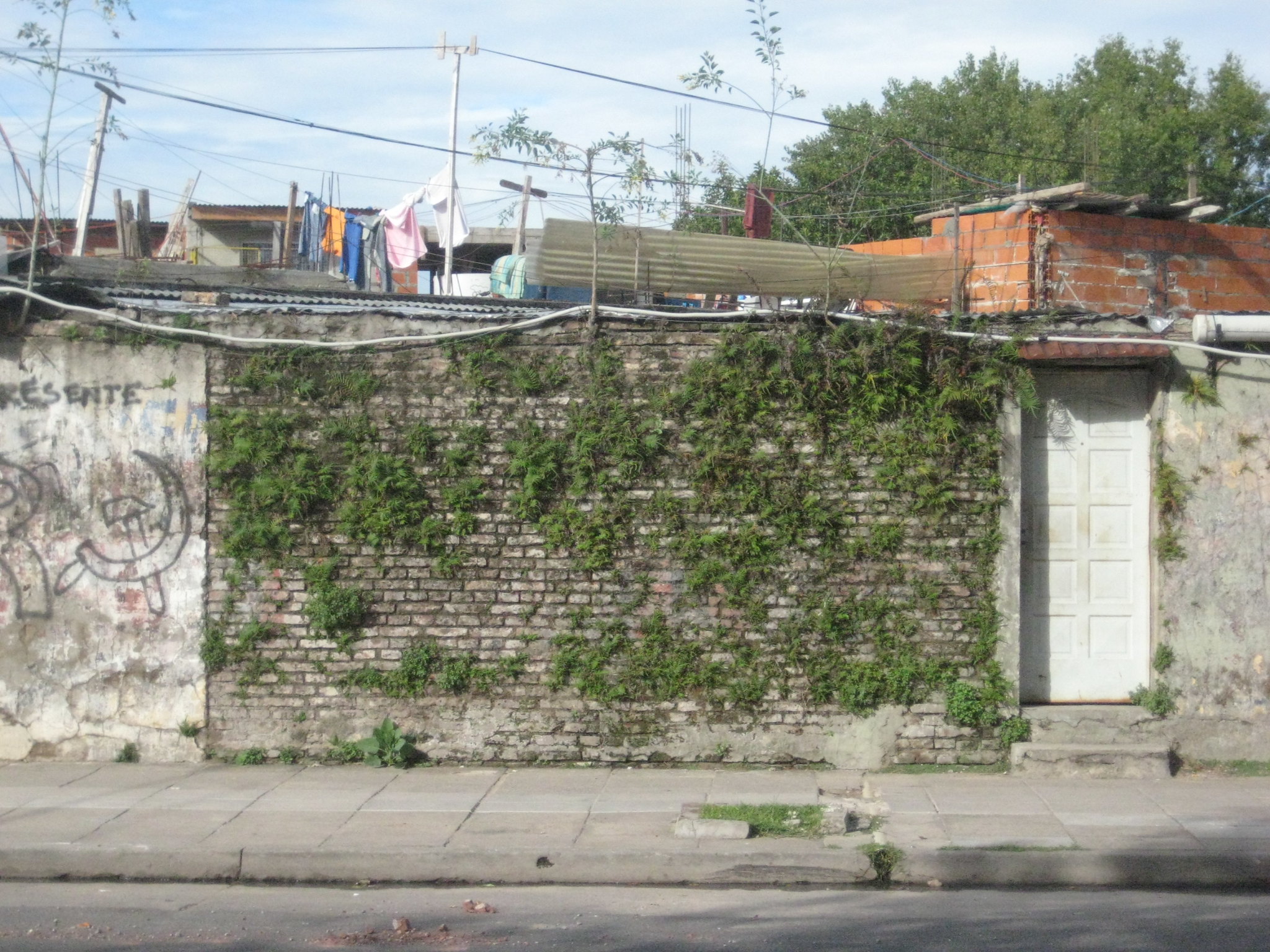
Family-owned shops and traditional businesses line the main commercial streets. Community gardens and urban farming projects create green spaces between buildings.
Local cultural centers preserve neighborhood traditions and foster new connections. The area maintains its residential character while welcoming sustainable initiatives.
Historic sports clubs continue to serve as community gathering places.
Núñez
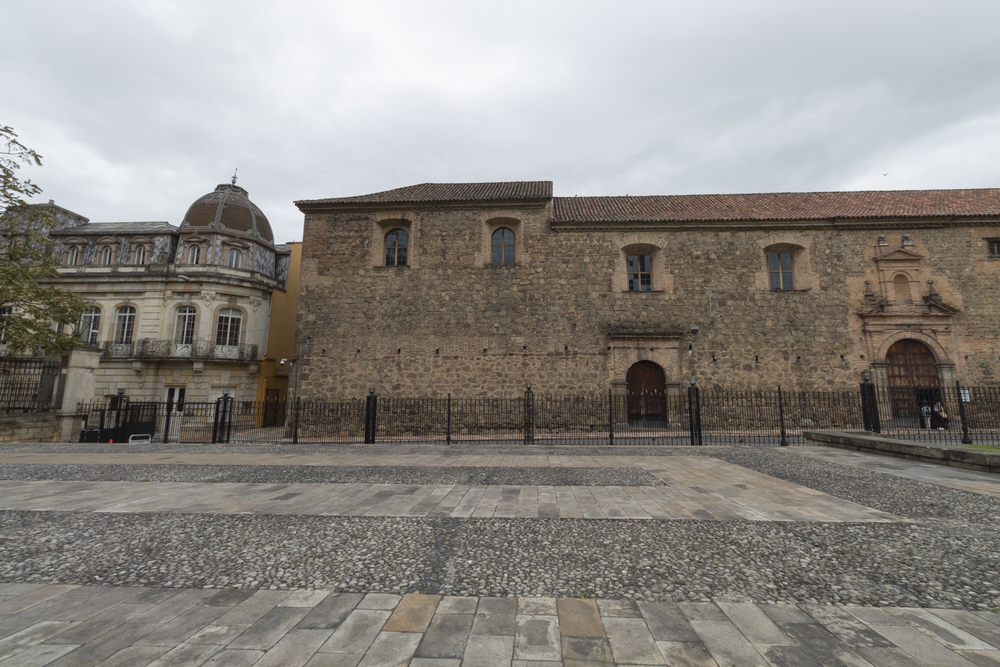
Riverside paths offer beautiful views along the Río de la Plata. Sports clubs and stadiums reflect the neighborhood’s athletic heritage.
Quiet residential streets feature a mix of architectural styles from different eras. Local restaurants serve traditional cuisine to longtime residents and visitors.
The area combines urban convenience with suburban tranquility.
Barracas
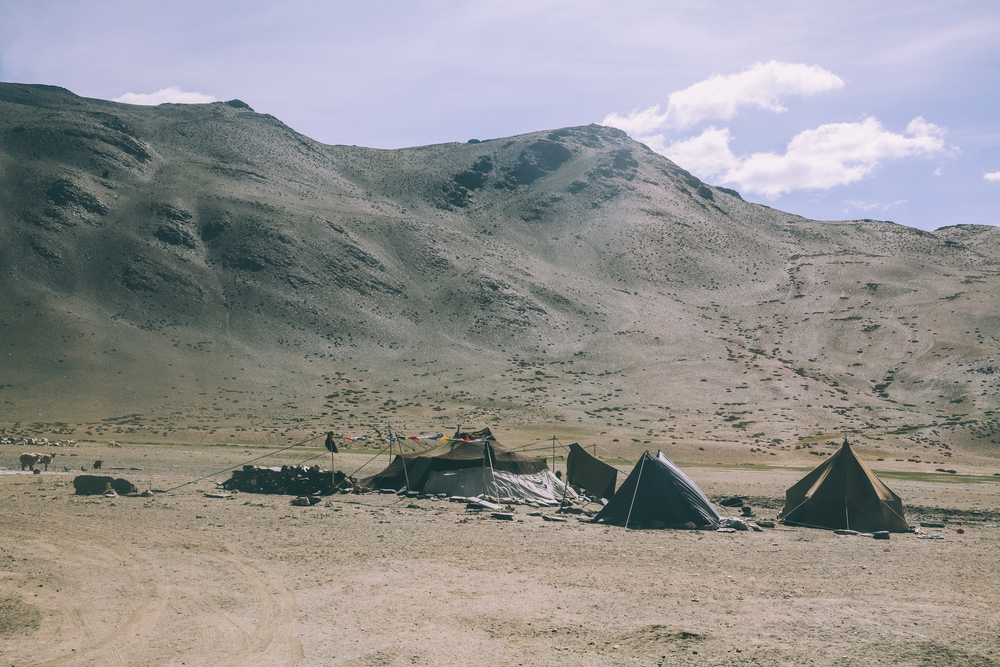
Industrial heritage buildings house creative enterprises and cultural spaces. Community murals tell stories of the neighborhood’s working-class history.
Traditional bars preserve authentic porteño culture and customs. The historic Lanín Street showcases unique artistic house facades.
This southern district maintains its genuine character while embracing renewal.
Villa Urquiza
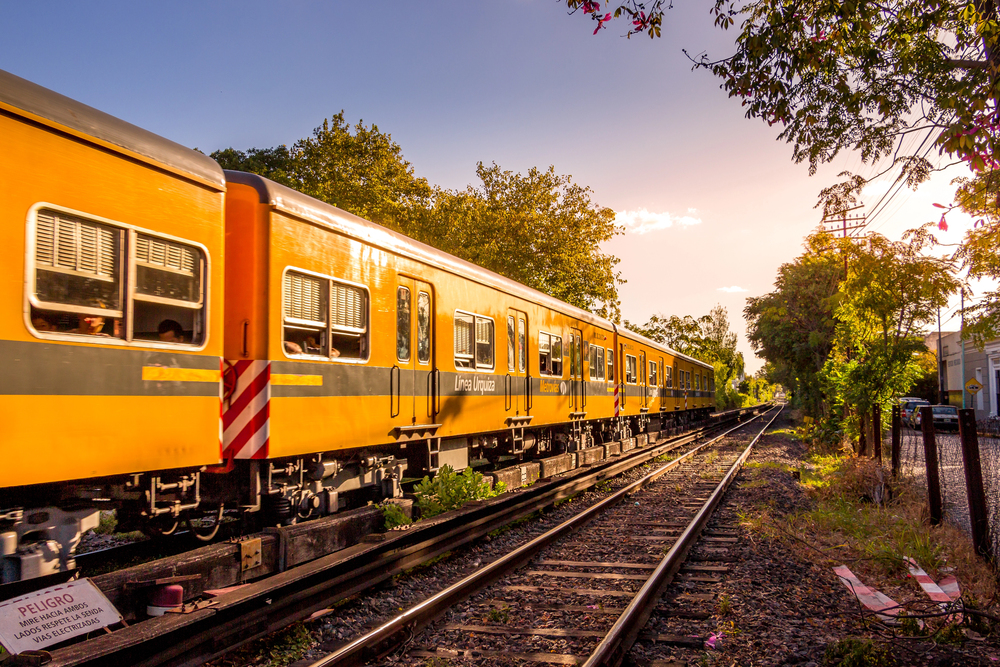
Art Deco buildings line streets named for Argentina’s founders. Traditional milongas keep tango culture alive in neighborhood venues.
Local markets and shops serve a close-knit community of residents. Historic cafes preserve the rituals of Buenos Aire’s social life.
The neighborhood maintains its residential charm while welcoming gentle modernization.
Flores
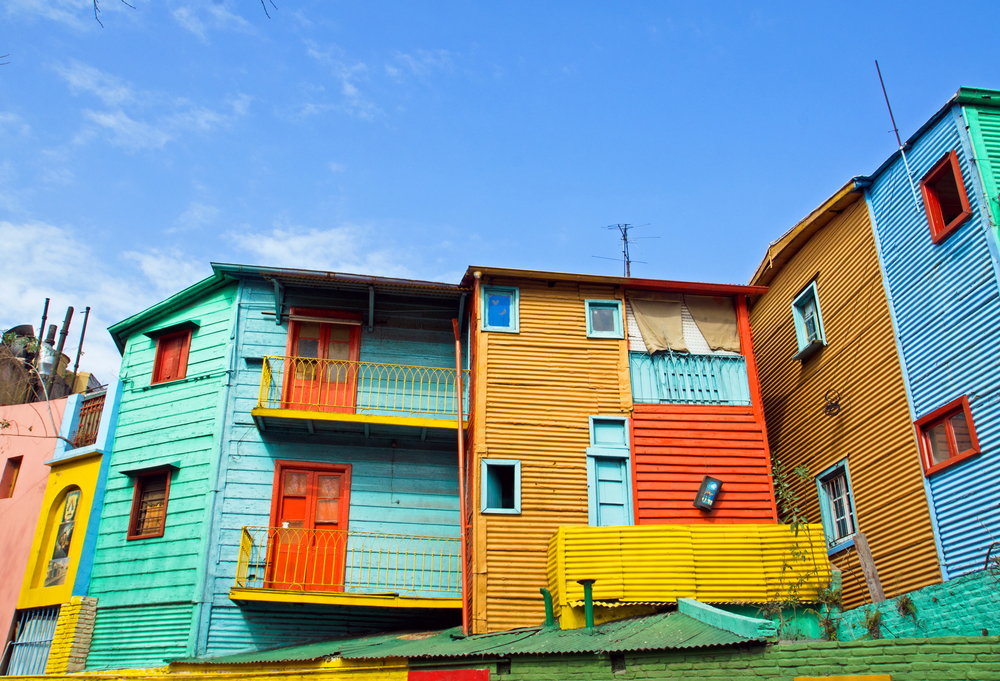
Historic churches and monasteries reflect the area’s religious heritage. Traditional shops and markets serve a diverse community of residents.
Cultural centers preserve immigrant traditions and foster new connections. Beautiful parks provide gathering spaces for families and neighbors.
The neighborhood maintains its authentic character while embracing change. Local festivals and celebrations bring the community together throughout the year.
Caballito
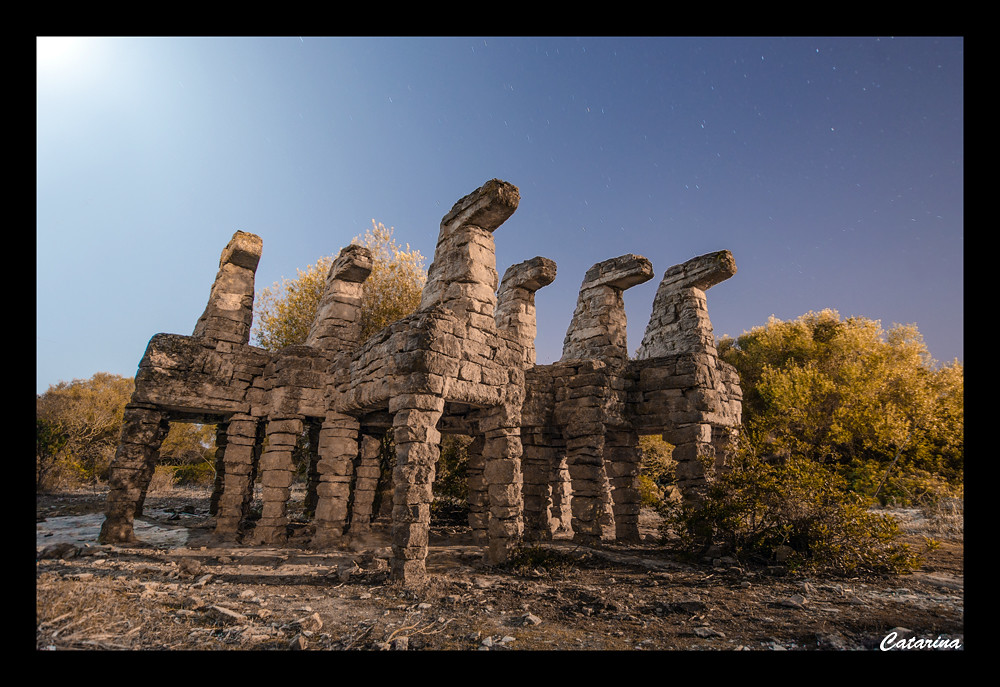
The historic Mercado del Progreso anchors this middle-class neighborhood’s commercial life. Art Nouveau buildings showcase the area’s architectural heritage.
Traditional cafes and bars preserve authentic porteño culture. Beautiful parks provide peaceful escapes from urban activity.
The neighborhood balances preservation with progress. Weekend street fairs attract visitors from across the city.
Exploring Buenos Aires’ Living History
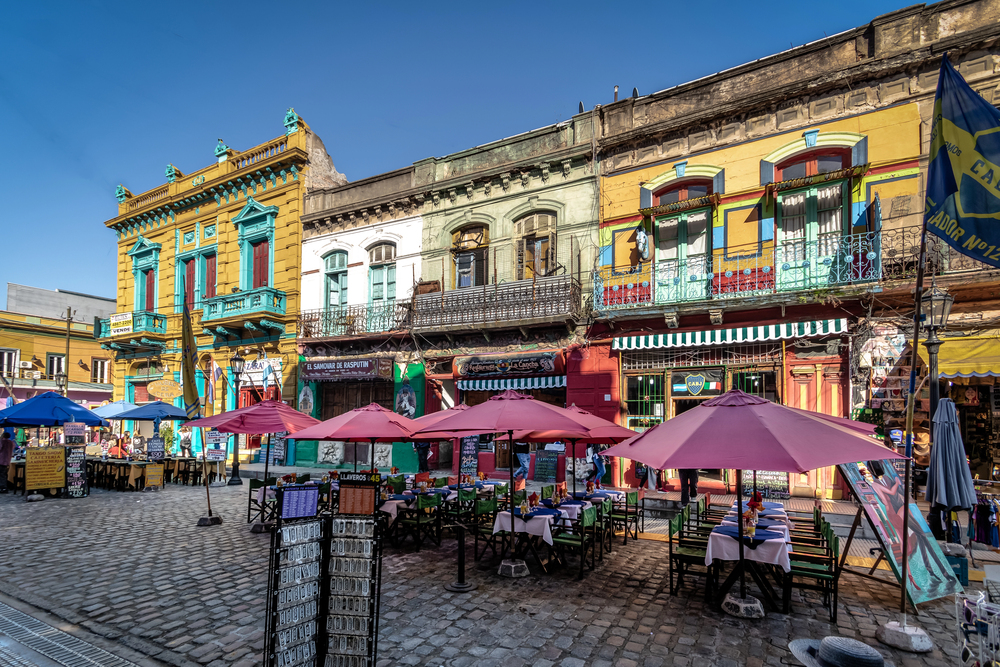
These fifteen neighborhoods offer unique windows into Buenos Aires’ past, present, and future. Each district preserves its character while contributing to the city’s evolving story. As you explore these diverse areas, you’ll discover the authentic soul of Argentina’s capital.
Whether following your feet or curiosity, these neighborhoods reward careful observation and spontaneous wandering. The city invites you to become part of its ongoing narrative.
More from Travel Pug

- 15 Dangerous European Cities to Avoid
- 15 Caribbean Islands Where Tourists Keep Getting Scammed
- The 20 Most Fascinating Abandoned Places: A Journey Through Time and Forgotten Spaces
- 15 Hidden Places in the Smithsonian Museums Locals Love: A Guide to Lesser-Known Treasures
- 16 Hidden Florida Beach Towns That Aren’t Overrun with Tourists
Like Travel Pug’s content? Follow us on MSN.
